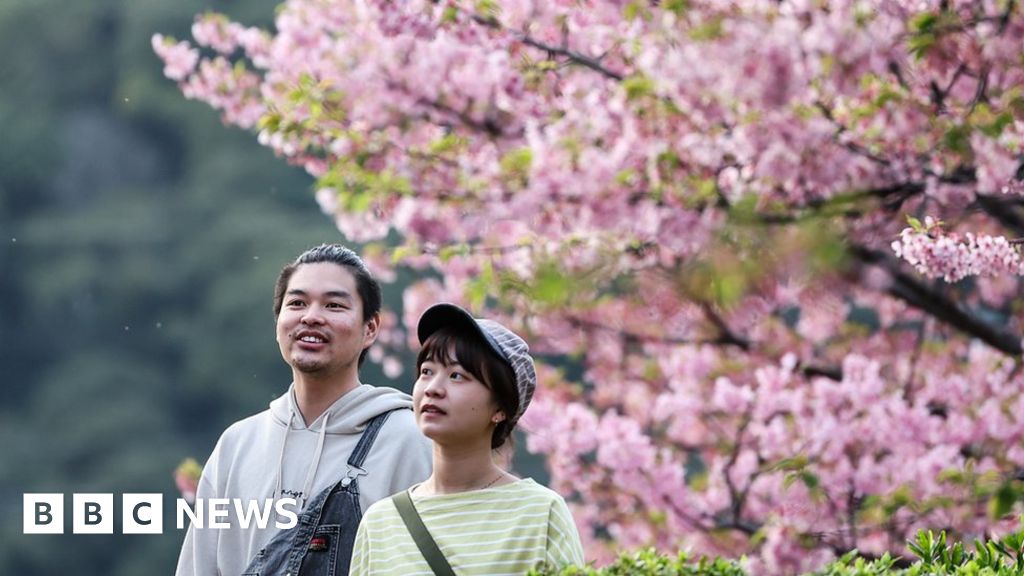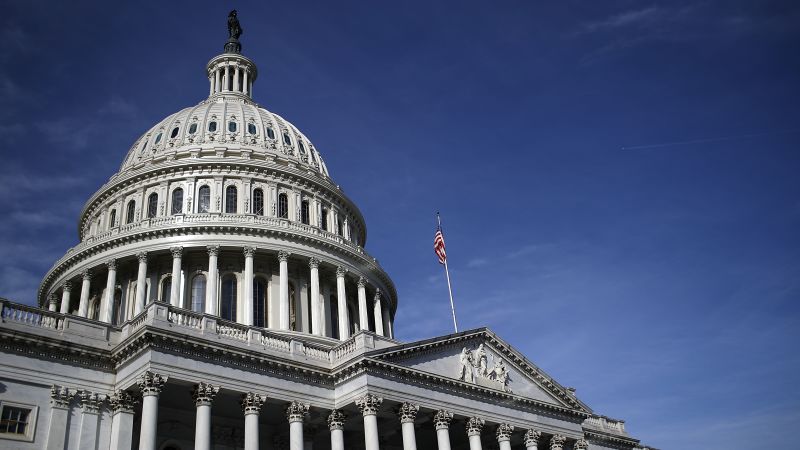Japan’s central bank has raised the cost of borrowing for the first time in 17 years.
The Bank of the Japan (BOJ) increased its key interest rate from -0.1% to a range of 0%-0.1%. It comes as wages have jumped after consumer prices rose.
In 2016, the bank cut the rate below zero in an attempt to stimulate the country’s stagnating economy.
In 2016, the bank cut the rate below zero in an attempt to stimulate the country’s stagnating economy.
Expectations that the BOJ would finally raise rates had been growing since governor Kazuo Ueda took office in April last year.
The latest official figures showed that even though the rate of price rises has been slowing, Japan’s core consumer inflation held at the bank’s 2% target in January.
The decision to finally hike rates hinged on the country’s major corporations increasing wages for their workers to help them cope with the rising cost of living, Nobuko Kobayashi from consulting firm EY-Parthenon told the BBC.
Earlier this month, Japan’s biggest companies agreed to raise salaries by 5.28% – the biggest wage hike in more than three decades.
Wages in the country had flatlined since the late 1990s as consumer prices rose very slowly or even fell.
Japan’s central bank has raised the cost of borrowing for the first time in 17 years.
In 2016, the bank cut the rate below zero in an attempt to stimulate the country’s stagnating economy.
The Bank of the Japan (BOJ) increased its key interest rate from -0.1% to a range of 0%-0.1%. It comes as wages have jumped after consumer prices rose.
Expectations that the BOJ would finally raise rates had been growing since governor Kazuo Ueda took office in April last year.
In 2016, the bank cut the rate below zero in an attempt to stimulate the country’s stagnating economy.
In 2016, the bank cut the rate below zero in an attempt to stimulate the country’s stagnating economy.
Expectations that the BOJ would finally raise rates had been growing since governor Kazuo Ueda took office in April last year.
The latest official figures showed that even though the rate of price rises has been slowing, Japan’s core consumer inflation held at the bank’s 2% target in January.
The decision to finally hike rates hinged on the country’s major corporations increasing wages for their workers to help them cope with the rising cost of living, Nobuko Kobayashi from consulting firm EY-Parthenon told the BBC.
Earlier this month, Japan’s biggest companies agreed to raise salaries by 5.28% – the biggest wage hike in more than three decades.
Wages in the country had flatlined since the late 1990s as consumer prices rose very slowly or even fell.
#Japan #rates #hiked #inflation #true
Note:- (Not all news on the site expresses the point of view of the site, but we transmit this news automatically and translate it through programmatic technology on the site and not from a human editor. The content is auto-generated from a syndicated feed.))



